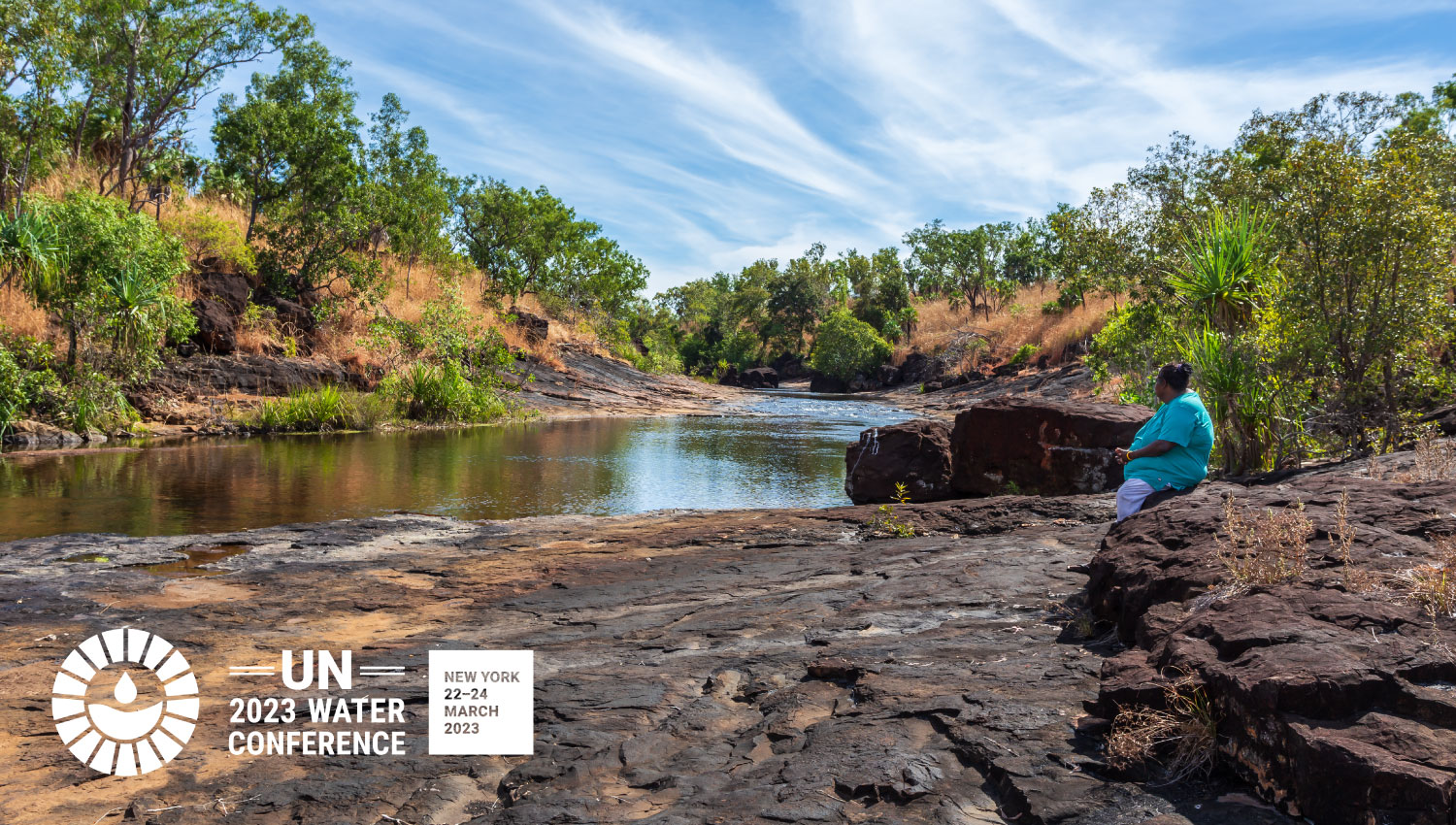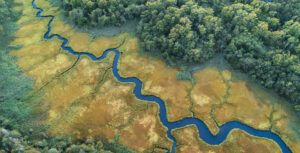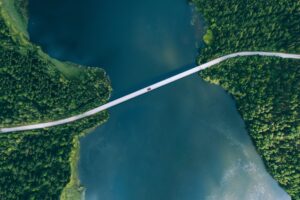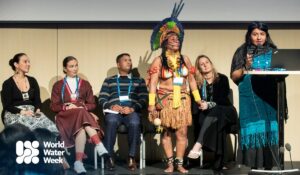I am the River and the River is me
“Given personal and organizational commitments to inclusivity and elevating the voices of Indigenous Peoples, this was the conference that I mainly attended. And the message from this ‘conference’ is that not enough is being done to ensure that decisions are fully inclusive of diverse voices and values, including the water bodies themselves. Examples of this lack of action can be found across summaries from the official programme. ”
The first example was a regular reference to supporting vulnerable groups, including women, youth, and Indigenous Peoples, especially within the context of WASH. However, of concern was that this reference was inevitably in terms of closing access gaps or ensuring that such groups are consulted, but there was less emphasis on the important role that their voices should play in governance and decision-making, or indeed the role of such groups as leaders or teachers about alternative water governance models.
A second example was widespread recognition of the important role that indigenous knowledge plays and continues to play in responding to climate change and many other challenges. However, such recognition rarely articulated or acknowledged the diverse worldviews and values within which indigenous knowledge is generated or how values such as respect, relatedness, and reciprocity frame land and water governance action and decisions.
A third example was limited attention in the official programme on how values or relationships held by communities and individuals have a material impact on outcomes regarding a water body or freshwater ecosystem, especially during decisions. The International Science Policy-Platform on Biodiversity and Ecosystem Services examined the role and importance of diverse values in depth within its “Assessment Report on Diverse Values and Valuation of Nature” and there are many useful lessons applicable to water governance.
“In summary, when pushed for a clear answer on the value of the Conference, I remain on the fence. I feel that the Water Conference both exceeded my expectation in terms of raising water on the international agenda but also didn’t meet many expectations I held in terms of addressing how to rebuild our relationships with our water bodies.”
In contrast to the ‘defined’ agenda and programme, such acknowledgements around values and inclusivity were far more common within side events, and it was clear to me that there is a growing appetite for understanding how to rebuild our relationships with our water bodies. Many of the sessions led by Indigenous Peoples or strongly involving Indigenous groups were very well-attended with people being turned away due to a lack of space.
I note that representatives from Member States spoke at such events and acknowledged the need to be more inclusive. While some of this found its way into the plenaries, such as through Aotearoa New Zealand’s submission on Indigenous knowledge and concepts such as guardianship, or Co-chair Tharman Shanmugaratnam, Senior Minister, Social Policies, Singapore, reference to new institutional arrangements that include Indigenous knowledge and values within the Water Action Agenda Interactive Dialogue, or SIWI’s very own Torgny Holmgren’s call for polycentric governance arrangements, I would argue that these positions were not common enough to catalyze some of the necessary changes for addressing global water challenges.
In summary, when pushed for a clear answer on the value of the Conference, I remain on the fence. I feel that the Water Conference both exceeded my expectation in terms of raising water on the international agenda but also didn’t meet many expectations I held in terms of addressing how to rebuild our relationships with our water bodies.









